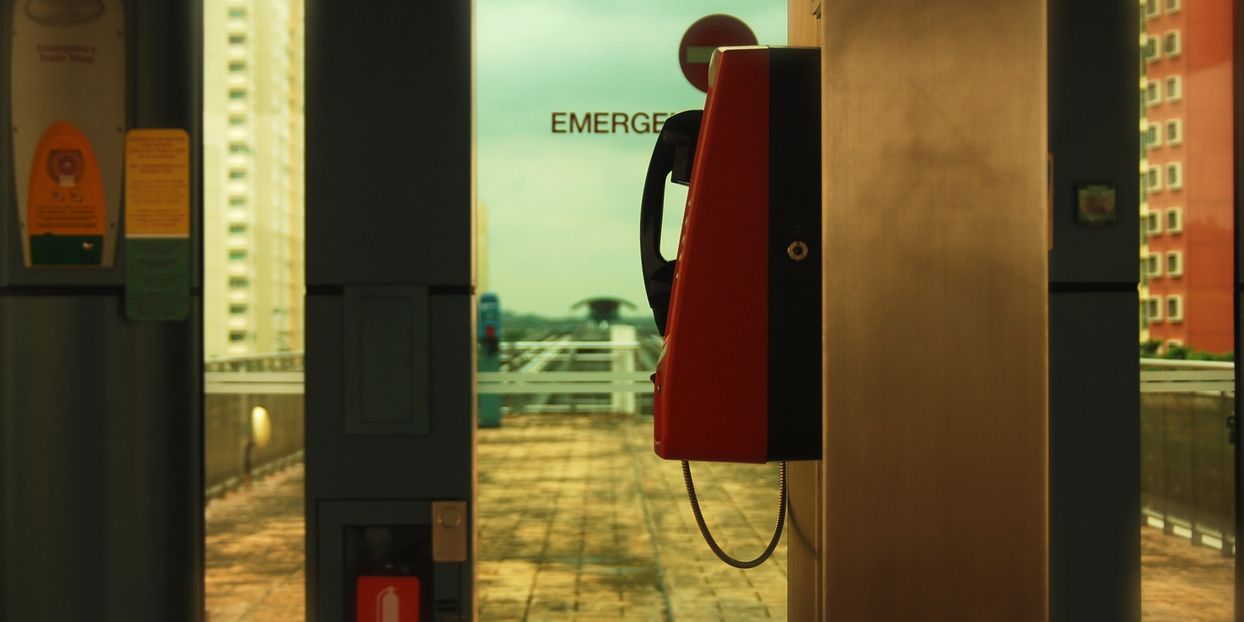
Crisis Calls
#1 Social cohesion in times of Corona
Prof. Dr. Nicole Deitelhoff, Spokeswoman of the Leibniz Research Alliance "Crises of a Globalized World" and Executive Board Member of the Peace Research Institute Frankfurt (PRIF), takes a close look at social cohesion in times of Corona and is confident that our democracy and society will withstand the crisis.
#2 National solo efforts and decision-making experts
Prof. Dr. Oliver Ibert, Director of the Leibniz Institute for Spatial Social Research (IRS) in Erkner, will talk about crisis perception and uncertainties, the need for supranational strategies of corona crisis management and the role of scientific experts in the current corona crisis.
#3 Financial Crisis in times of Corona
Prof. Dr. Michael Koetter, Professor of Financial Economics at the University of Magdeburg and head of the Financial Markets Department at the Leibniz Institute for Economic Research Halle (IWH), considers various effects of the uncertainty caused by the corona crisis, for example on the real estate market, and on the measures that would have to be taken within the EU.
#4 Securtiy of supply in times of Corona
Prof. Dr. Tilman Brück, Head of the research group "Economic Development and Food Security" at the Leibniz Institute of Vegetable and Ornamental Crops (IGZ) in Großbeeren, Germany, talks about the extent and effects of food insecurity before and during the Corona Crisis and about its perception in public discourse. In particular, he addresses the responsibility that Western industrialised countries like Germany have to assume for their partner countries in the global South - not only during the health crisis caused by COVID-19, but also with regard to climate change and other crisis-ridden developments that are spreading globally.
#5 Reproductive work in times of Corona
Dr. Peer Illner, Post Doc in the research alliance "Normative Orders" of Goethe University Frankfurt, on the failure of the market and the failure of states, which led to the "crisis of reproductive work" and thus to a crisis of public services. Both in the form of paid and unpaid work, the corona crisis reinforces the "crisis of reproductive work", which, in contrast to profit-generating work, is not valued enough by the state and receives too little protection. The demand is that reproductive activities must be linked to market activities, so that citizens are largely independent of the market in their livelihoods.
